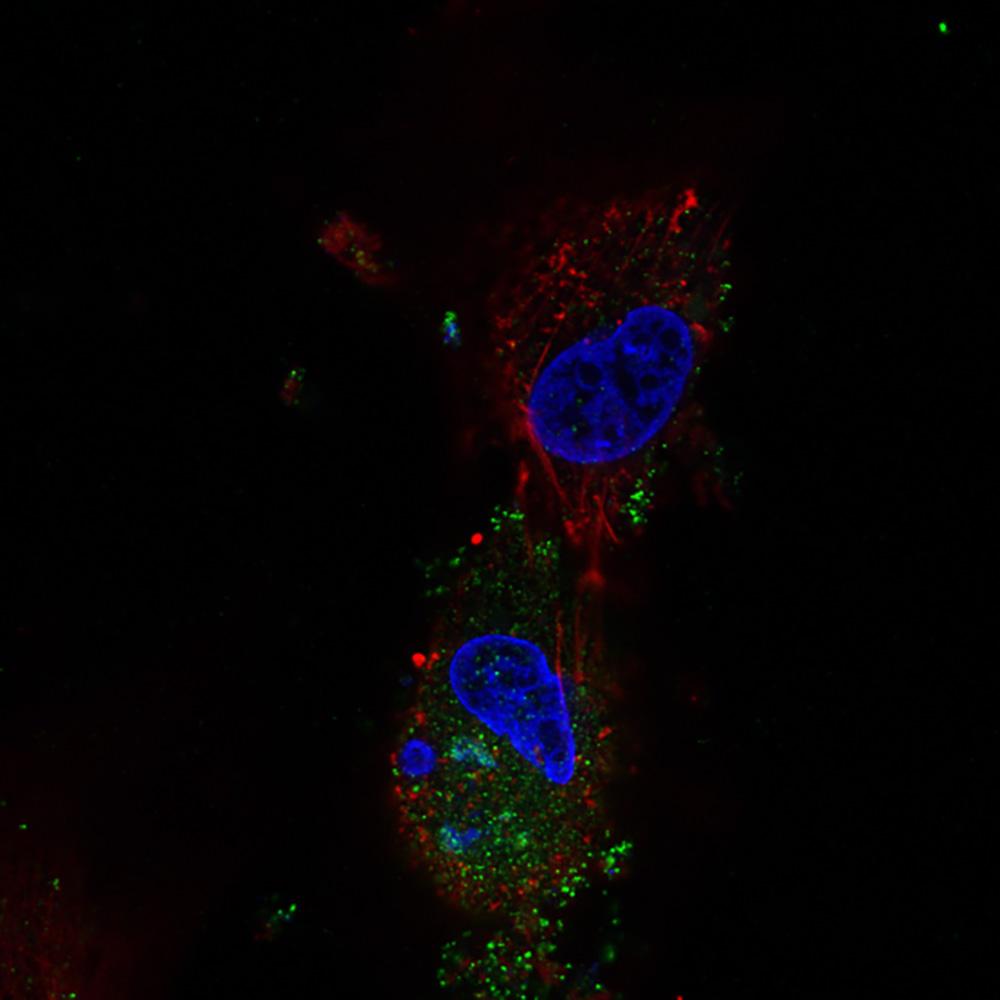The epidemiology of sheep pox in Greece from 1987 to 2007
The authors review the epidemiology of sheep pox outbreaks in Greece between 1987 and 2007. It is believed that sheep pox is introduced into Greece principally from neighbouring countries to the east, and is associated with the movements of infected sheep flocks close to the border and contacts between humans and animals. Disease foci have appeared in several central and north-eastern areas of the country. Between 1982 and 1986, Greece remained free of sheep pox but, in 1987, the disease appeared on the island of Lesvos and, in 1988, outbreaks were seen in the prefecture of Evros. In 1994, a further outbreak occurred in Evros. Over the next four years, more outbreaks occurred in Evros and Thessaloniki (1995); Larissa, Xanthi, Rhodopi, Kavala, Magnissia, Evros and the island of Lesvos (1996); Kavala, Magnissia, Halkidiki, Evros and Rhodopi (1997). In 1998, there were fewer cases of sheep pox, with outbreaks only in the prefecture of Evros. Two years later, a further outbreak was reported in Evros (2000), while the most recent outbreak occurred on the island of Lesvos in January 2007.
Back to publications
